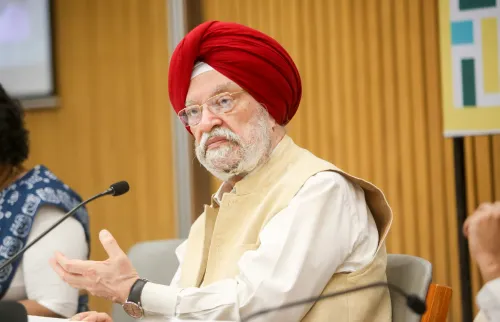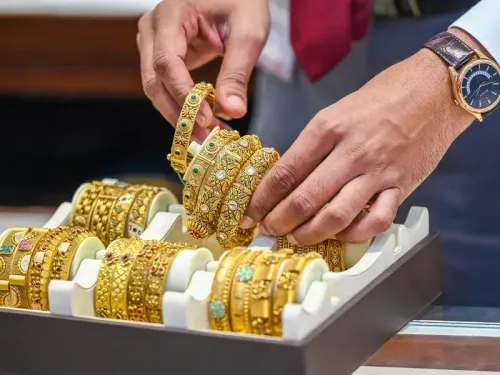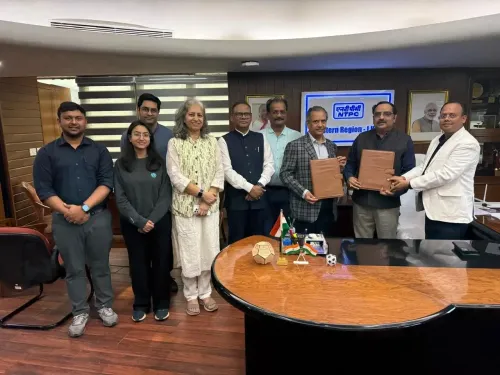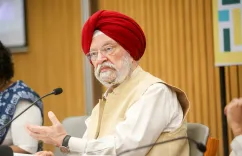Why Did the US Reject India's Request Regarding Copper Tariffs?
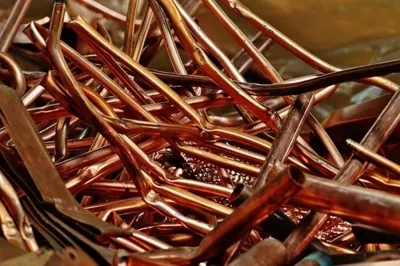
Synopsis
Key Takeaways
- US denies India's WTO request regarding copper tariffs.
- 50% tariffs imposed under Section 232.
- India argues tariffs are safeguard measures.
- India is a net importer of copper.
- Continued trade negotiations between India and the US are ongoing.
New Delhi, Nov 10 (NationPress) The United States has declined India's appeal for WTO consultations regarding the 50 percent tariffs on copper and its derivative products, which were imposed by the Trump administration. The US claims these duties are not safeguard measures as asserted by New Delhi.
In its communication to the WTO, the US indicated that there is "no basis" for India to request consultations under the WTO Agreement on Safeguards (AoS).
This marks the third instance of the US rejecting a request for trade consultation following previous disputes over steel and aluminium, as well as automobiles and auto components.
The 50 percent tariff, implemented under Section 232 of the US Trade Expansion Act, has been in effect since August 1 and is applicable indefinitely to semi-finished and derivative copper imports. This section permits the US president to impose restrictions on imports considered a threat to national security.
The US has communicated to the WTO, "The United States is not maintaining this action pursuant to the safeguards/emergency action provision. These tariffs are, therefore, not safeguard measures, and there is no basis to conduct consultations under the AoS."
Conversely, India contends that the duties, while justified as being for security interests, are indeed safeguard measures.
As a copper products exporter to the US, India sought consultations with the US regarding the matter under the WTO safeguard agreement back in September.
In the fiscal year 2025, India exported copper products worth $360 million to the US, including plates, tubes, and other semi-finished forms. Nonetheless, India remains a net importer of copper, with imports reaching $14.45 billion in 2024-25, significantly exceeding its exports.
The US's communication dated November 6 clarified, "These actions are not safeguard measures. Accordingly, there is no basis for India's proposal to suspend concessions or other obligations under...the Agreement on Safeguards with respect to these measures."
A WTO member can take safeguard action, which involves temporarily restricting imports of a product under the WTO Agreement on Safeguards, to shield the domestic industry from an increase in imports that may cause or threaten serious injury to the industry.
However, prior to implementing a safeguard duty, a member country must conduct an investigation and inform other members about the issue.
Previously, India has indicated its right to impose retaliatory duties on select US products in response to American tariffs on steel, aluminium, and auto components.
This development occurs as India and the US continue to strive for progress in negotiations regarding a bilateral trade agreement. A USTR team led by Chief Negotiator Brendan Lynch met with Indian officials in New Delhi on Tuesday.


